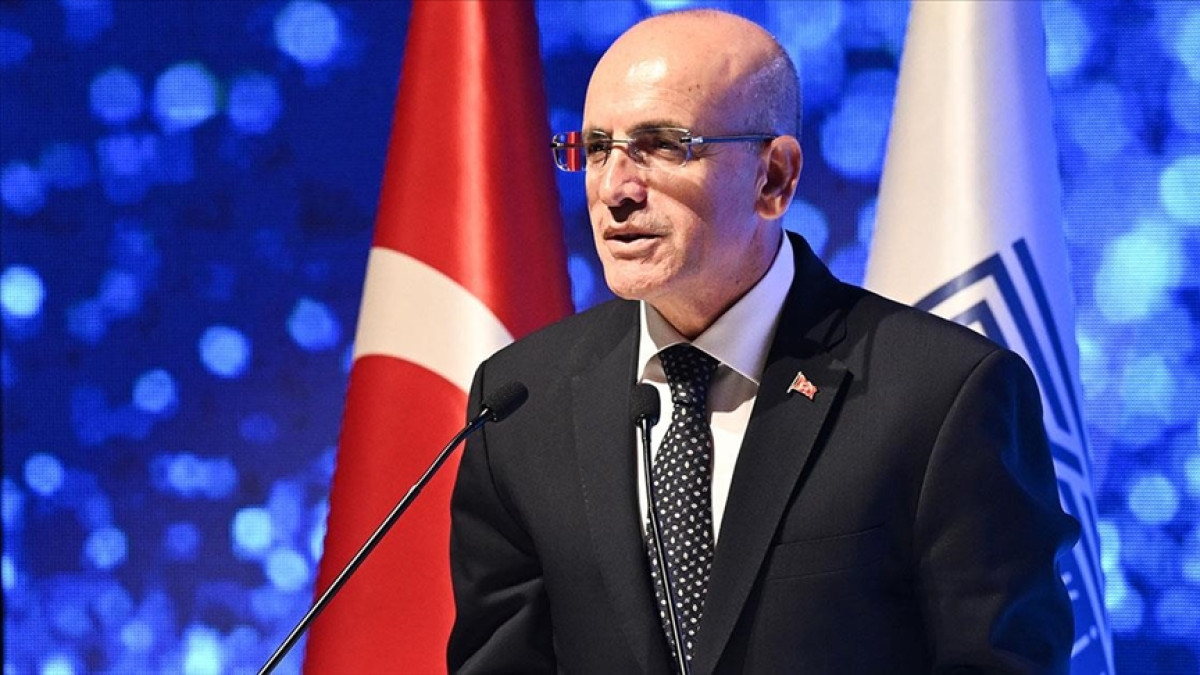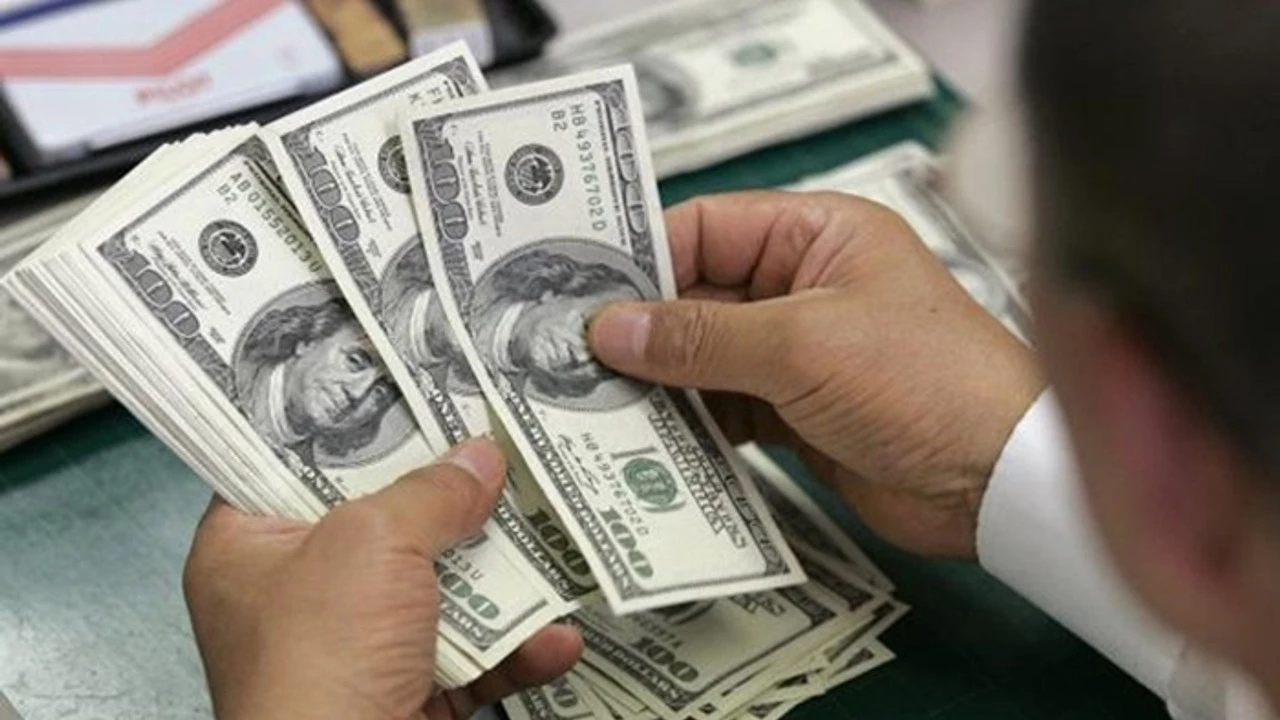
Minister Şimşek: Goals for Structural Transformation in 2026


Regional Integration Priority in Turkey
Minister of Treasury and Finance Mehmet Şimşek highlighted the structural transformation and disinflation targets for the year 2026. Minister Şimşek emphasized that countries leading with growth based on domestic demand and service exports are increasing their competitiveness. Turkey expects to have a service export surplus of 65 billion dollars this year.
Strategic Agreements in Exports
Şimşek noted that the increasing tendencies of protectionism in global trade have affected Turkey relatively less. He explained that a significant portion of exports is carried out through free trade agreements (FTAs) with 54 countries. These agreements account for over 80% of exports, making Turkey's trade potential less vulnerable.
Innovative Infrastructure Investments
Minister Şimşek stated that they aim to increase efficiency by prioritizing infrastructure investments, adding that Turkey will gain significant advantages thanks to its strategic transportation corridors. In particular, the FAV Port in Iraq and the railway line extending to London will enable uninterrupted access to every point in Europe.
Robust Public Finances and Structural Reforms
Emphasizing the importance of the financial sector, Şimşek highlighted that the total debt ratio stands at 89%, while this ratio fluctuates between 320% and 242% globally. He stated that low indebtedness and strong public finances provide resilience against economic shocks. In addition to the momentum in service exports, projects in green technology and renewable energy hold significant potential for Turkey's future.
Inflation and Future Targets
Minister Şimşek expressed that the reforms to be made in 2024 will change the perspective on the workforce, noting that inflation has decreased from 65% to 32%. He explained that they expect inflation to drop back to single-digit levels within the next three years. “Our monetary policy is tight, we are maintaining our fiscal discipline.
```Benzer Haberler
.png)
Yakında Tüm Platformlarda
Sizlere kesintisiz haber ve analizi en hızlı şekilde ulaştırmak için. Yakında tüm platformlarda...








.png)